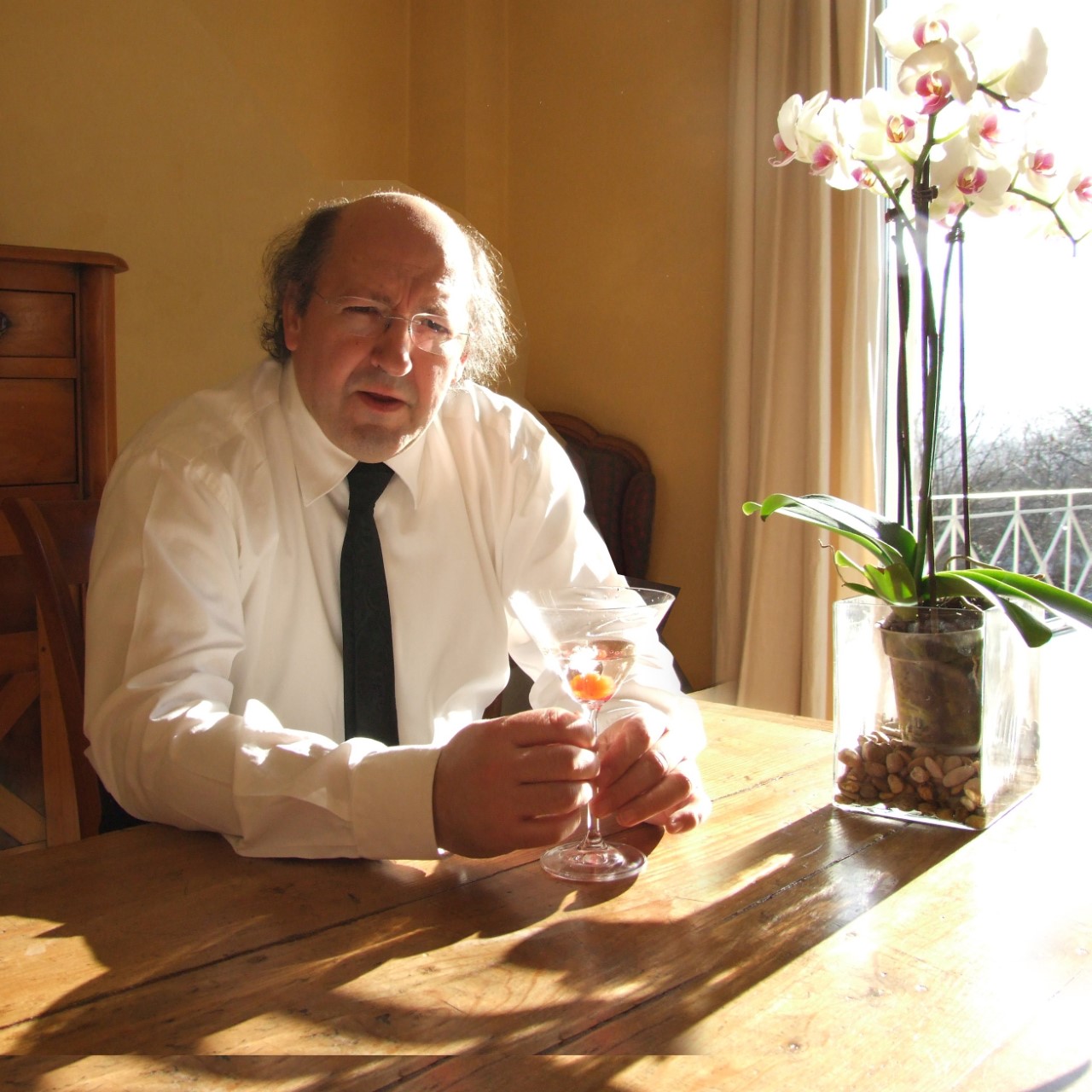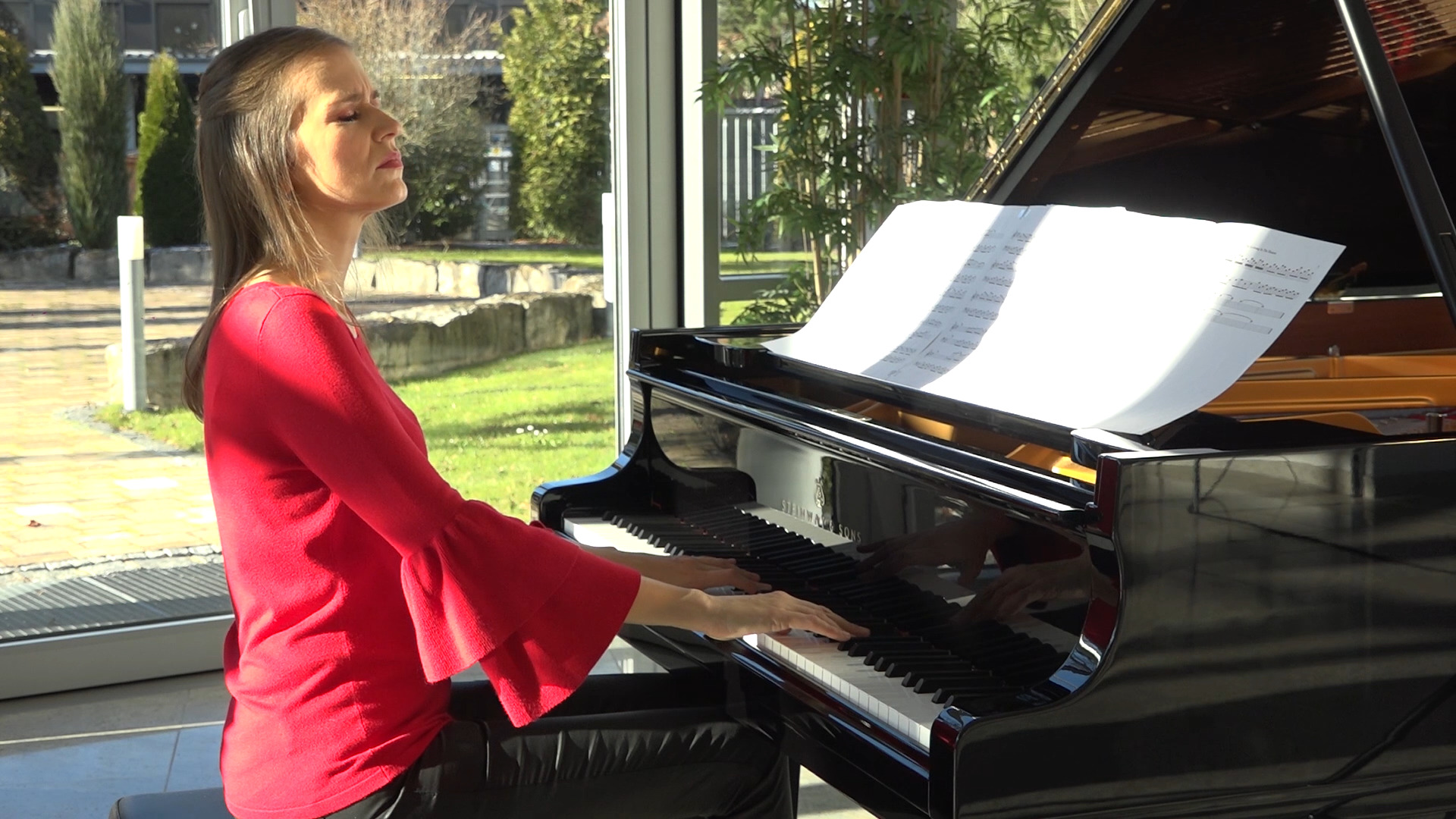About
Ever since his entry into Spanish cinema in the mid-80s, facilitated by producer Elías Querejeta, Ángel Illarramendi has composed the music for some of the most outstanding films of the last twenty years. In the field of concert music, he is a leading figure in Spain. Composer of a long list of chamber and choral music.
Angel Illarramendi Larrañaga, was born in Zarautz (Gipuzkoa) in April 1958.
At the early age of six, he took his first steps into music, singing at several festivals around the Basque Country, introduced by Manolo Urbieta.
From 11 years on, he started composing his first songs, playing the guitar self-taught. At the same time, he studied music and piano with Maria Barbara Aranguren, as well as secondary education.
At the age of 16 he begun harmony, counterpoint, fugue and composition studies with Francisco Escudero at San Sebastian's Music Conservatory.
In 1978 his first recording was published, containing not only songs -it was a singer-songwriter album mainly- but also his first instrumental pieces. He embarked then on a tour around the Basque Country in order to introduce the album, from which the concert performed at "la Trinidad" Square in San Sebastian. The album stood out, due to a string quartet accompaniment.
In 1981, once finished musical studies, he started a brief but fruitful collaboration at the new-born Basque Theatre School "Antzerti". He composed the score for various scenic works (more information at "Work > Theatre work" section) as well as his first soundtracks, while teaching harmony at different music schools.
From the 1990's on he withdrew from teaching to dedicate entirely to compose both concert and cinema music.
Amongst his various concert works, the following; nine symphonies, his "Concerto for clarinet, piano, viola and orchestra", both his symphonic poems "Espacio sonriente" ("Smily space") and "Zarautz", his suite "Una historia reciente", his "Mass for 4 mixed voices and organ", and also the chamber opera "Zapatos de mujer"- are noteworthy, together with his chamber music output ("Work > Chamber music" for further information).
As a filmscore composer, he has worked with several directors and proucers ("Work > Film scores" for further information), being his collaboration with the producer Elías Querejeta remarkable.
Among several rewards he has received, the following awards and nominations must be mentioned:
"Premio del Circulo de Escritores Cinematográficos" (C.E.C.) (Cinematographic Writers' Circle Award), "Premio EL MUNDO DEL PAIS VASCO" (Basque "EL MUNDO" Award -newspaper-) and a nomination for the Best Soundtrack at the 1996 GOYA Awards edition for "Robert Rylands' Last Journey", by Gracia Querejeta.
Nominations to C.E.C. and GOYA in 1999 for "Cuando Vuelvas a mi Lado", by Gracia Querejeta.
2001 C.E.C. Prize Nomination for "Aunque tú no lo Sepas", by Juan Vicente Córdoba.
2002 CONDOR Prize Nomination (Argentina) for "Son of the Bride" (El Hijo de la Novia), by Juan José Campanella.
" Teledonosti" Prize 2003 (award given by a Basque TV channel) to a professional career.
CLARIN ESPECTACULOS 2004 Nomination and Argentinian CONDOR Prizes 2005 Nomination for Juan Jose Campanella's "Luna de Avellaneda".
Prize C.E.C. 2005 for "Hector" by Gracia Querejeta.
Nomination to GOYA 2005 for "Hector" by Gracia Querejeta.
Nomination to CONDOR 2005 (Argentina) for the film "Luna de Avellaneda" directed by Juan Jose Campanella.
The "7th Symphony" receives Best Spanish music record of the year "CD Compact 2009" award.
14th Toulouse Film Festival chose "La Buena Nueva" (an adaptation of the 7th Symphony) as best soundtrack in October 2009.
2011 - Illarramendi is awarded best classical music author by the Academy of Musical Arts & Sciences for his 3rd Symphony "HARRI ZURIA".

